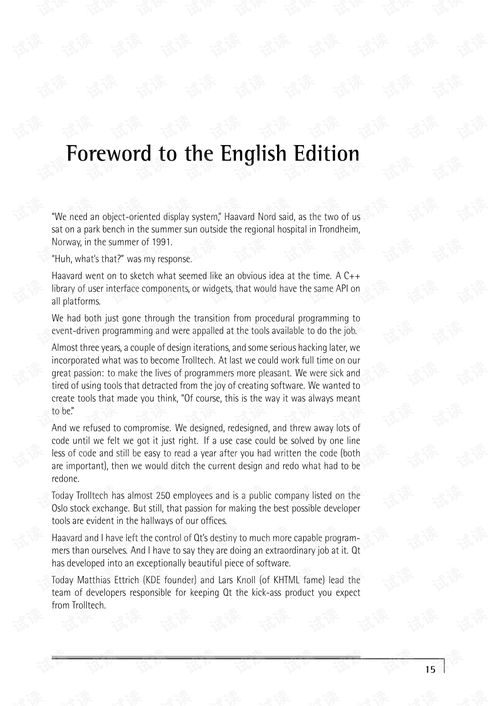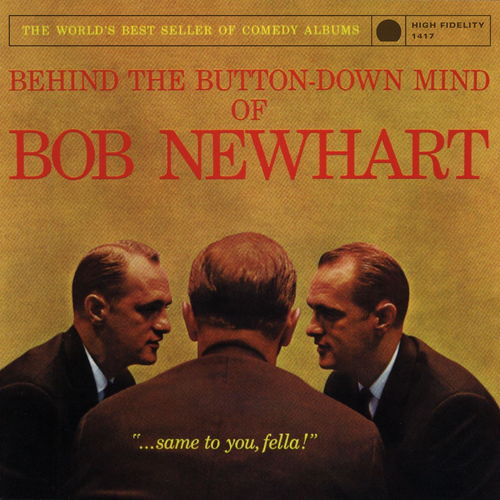Content:
Writing a fishing essay is not just about describing your experiences on the water; it's about capturing the essence of the sport, the tranquility it offers, and the personal growth one can achieve through it. Here's a guide on how to craft a compelling fishing essay using various writing techniques.
Introduction: Hook Them In
Your introduction should be like a perfect lure, designed to catch the reader's attention. Start with a vivid description of a memorable fishing experience or a compelling fact about fishing. For instance:
"In the early dawn of a crisp autumn morning, the sun barely peeked over the horizon, casting a golden glow over the tranquil lake. It was here, amidst the symphony of nature's whispers, that I discovered the true art of fishing."
Thesis Statement: Set the Stage
Your thesis statement should clearly outline the purpose of your essay. It's like the backbone of your essay, giving the reader a roadmap of what to expect. For example:
"This essay aims to explore the therapeutic benefits of fishing, how it has shaped my character, and why it remains a cherished pastime despite the digital age."

Body Paragraphs: The Lure of Detail
Each body paragraph should focus on a different aspect of your fishing experience. Use the following techniques to make your paragraphs shine:
Descriptive Language: Use rich, sensory details to bring your experiences to life. Describe the sights, sounds, and smells of your fishing environment.
"The water was a mirror, reflecting the hues of the rising sun and the silhouettes of the ancient trees that lined the shore. The air was crisp, carrying the faint scent of pine and the distant call of a loon."
Anecdotes: Share personal stories or anecdotes that illustrate your points. This adds a human touch to your essay and makes it more relatable.
"One afternoon, while casting my line into the calm waters, I noticed a small group of children laughing and playing nearby. They were so absorbed in their own world that I couldn't help but smile, reminded of my own childhood."
Comparison and Contrast: Use this technique to highlight the unique aspects of fishing or to compare it with other activities.
"While many sports are characterized by intense competition and the pursuit of victory, fishing is a gentle pursuit. It's not about outsmarting an opponent but about outsmarting nature and enjoying the peace that comes with it."
Metaphors and Similes: These literary devices can make your writing more engaging and thought-provoking.
"Fishing is like a dance with the elements. It requires patience, rhythm, and a deep sense of connection with the environment."
Transitions: Use transitional words and phrases to guide the reader through your essay and maintain a smooth flow.
"As the day waned, the sun dipped below the horizon, casting long shadows over the water. With the first stars beginning to twinkle in the sky, I felt a profound sense of contentment."
Conclusion: Reel Them In
Your conclusion should wrap up your essay by summarizing the main points and reinforcing your thesis. Think of it as the final tug on the line that brings the fish to shore.
"In conclusion, fishing has not only provided me with a way to unwind and connect with nature but has also taught me valuable life lessons about patience, resilience, and the importance of balance. As the digital age continues to advance, I believe that the timeless art of fishing will remain a cherished tradition, offering solace and inspiration to those who seek it."
By employing these techniques and focusing on the unique aspects of fishing, you can write a compelling essay that not only shares your experiences but also invites readers to explore the sport for themselves. Remember, the key to a great fishing essay is not just about what you catch; it's about what you bring back from the water.












